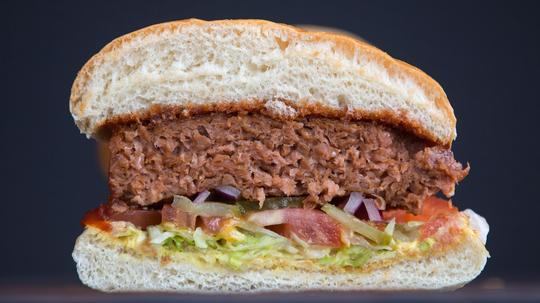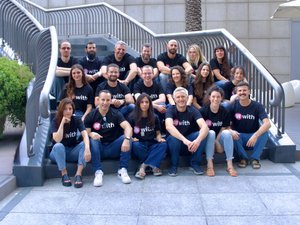
Ginkgo Bioworks spinout Motif FoodWorks, which makes alternative proteins, wants to make plant fats taste better — to replicate the sensory experience of consuming animal fats.
The company announced a partnership with Canadian food, health and aging scientist Dr. Dr. Alejandro Marangoni at the University of Guleph, in Ontario. Under this collaboration, Motif will evaluate and license technologies for formulating lipids and fiber-forming ingredients in plant-based meats and dairy products to improve its taste and texture.
Food manufacturers rely on ingredients like coconut oil to replicate the taste and texture of animal-derived fats. Motif wants to "faithfully recreate" the taste of animal-derived fats in burgers, sausages and cheese and other plant-based foods.
"Creating the right kind of fat structures in plant-based foods is one of the most significant — and exciting — challenges in the category because fat plays such a critical role in what makes some of our favorite food experiences so satisfying," Motif FoodWorks CTO Mike Leonard said in a statement. "In our work with Marangoni and the University of Guelph, we will evaluate technologies with the potential to serve as critical new building blocks in plant-based food design."
Over the next 12 months, the company plans to explore technologies to do so in three ways: The first is to replace saturated fat with an animal-free emulsion system to exhibit the physical properties of saturated fat at room temperature. The second would be to replicate critical animal fat structures, such as the pockets of fat in meat products that produce marbling. And the third would be to improve the texture of plant-based cheeses, to be more meltable and elastic.
Motif FoodWorks exited stealth mode in February 2019, and already has $117 million in its coffers. The company works on a B2B model, making alternative proteins to sell to food companies and product developers as an ingredient.
It uses parent company Ginkgo Bioworks’ platform to produce food protein through fermentation. The technology understands the genetics or genome sequence of a particular protein, synthesizes that sequence and manufactures it, and places it in yeast or other microbes and grows them in a tank through fermentation.








